Important Information about Cornea Donation
The decision to donate is a personal one, and to help you inform your decision, we have provided some basic information about cornea donation and transplantation. If there’s something you wanted to know but can’t find here, please let us know by sending a message through our contact form.
- A cornea transplant may be required because of an eye disease, such as Fuchs’ dystrophy or keratoconus, or a corneal injury. Presently, more than 80,000 individuals worldwide receive corneal transplants each year from eye banks accredited by the Eye Bank Association of America.
- Over 95 percent of corneal transplants are successful.
- Saving Sight retrieves and processes corneal tissue for transplantation. Currently, we are able to provide tissue for approximately 7 transplant surgeries per day.
- Almost anyone can be an eye donor, regardless of poor vision, diabetes, or cancer. In fact, only under the following conditions can eye donation definitely not occur: HIV or AIDS, Active Hepatitis, Active Syphilis, Rabies, Viral Encephalitis, Leukemia, Active Lymphoma, or Active Meningitis.
- Saving Sight recommends that everyone discuss his or her wish to donate with family and friends.
- For people living in states with first-person consent registries, simply registering at the DMV or through the state’s online database will protect their intent. You can find your registry online at the Donate Life America website. In those states without first-person consent, legal next-of-kin of the potential donor must give consent before donor tissue can be retrieved, even if a donor card was signed by the deceased. An exception to this requirement would be made if the deceased had an advanced directive with the power of attorney specifying eye, organ, and tissue donation decisions.
- The cornea is the most commonly used part of the eye in transplant surgery. The sclera, or white protective part of the eye, can also be preserved and used to repair another patient’s sclera, eardrum, nasal septum, or gums.
- The cornea gets its oxygen from the air as opposed to the bloodstream.
- The Center for Medicare and Medicaid Services (CMS), under the Department of Health and Human Services, passed a federal regulation in 1998 requiring hospitals to notify organ banks each time a death occurs in the hospital.
- Most major religions support eye, organ, and tissue donation.
Frequently Asked Questions
1. Why would someone need a cornea transplant?
There are a variety of reasons why someone might be suffering from vision loss and require a corneal transplant. These can include eye diseases such as Fuchs’ dystrophy, in which the endothelial cells of the cornea die off, or keratoconus, which causes the cornea to distort. Other reasons can include corneal injuries or infections.
2. What does a corneal transplant surgery entail?
The type of transplant depends on the eye disease or injury and the preference of the surgeon. In some instances, such as repairing a corneal injury, the entire cornea may need to be transplanted. Another cornea transplant option is a partial thickness corneal transplant surgery like DMEK or DSAEK in which the corneal surgeon replaces only the inner-most layer of the cornea. In many cases, this type of transplant offers less pain and a shorter recovery time in comparison to traditional corneal transplant surgeries.
3. What is the success rate for cornea transplants?
Unlike many organ transplant surgeries, a cornea transplant has about a 95 percent success rate. Matching blood types between donor and recipient is not necessary in most cases. This is due to the fact that the human cornea is avascular, meaning that it does not have blood vessels. Therefore, the body is much less likely to reject a cornea than it would a vascular organ like a heart or liver.
4. How do I become an eye donor?
The simplest way to register to become an eye, organ and tissue donor is to put your name on your state’s donor registry. A list of donor registries can be found at the Donate Life America website, and you can register at your local Department of Motor Vehicles office as well. Although your decision to donate is legally binding, we encourage you to notify your family or next-of-kin about your wish to donate so there is no confusion upon your passing.
5. What is your criteria for eye donors?
Almost anyone can be an eye donor, regardless of poor vision or a history of illness, such as cancer or diabetes. Under the following conditions donation cannot occur: HIV or AIDS, Active Hepatitis, Active Syphilis, Rabies, Viral Encephalitis, Leukemia, Active Lymphoma, or Active Meningitis.
If donated eye tissue cannot be used for transplant, it can be offered to ocular researchers across the U.S. who are working to discover the causes of and cures for eye disease.
6. If I register as a tissue donor, is it true my doctors won’t work as hard to save my life?
No. Your doctors are dedicated to saving your life. According to a statement from David Fleming, president and CEO of Donate Life America, “For health professionals, the number one priority is always to save the lives of their patients, and only after death is organ and tissue donation considered.”
7. Is eye donation an accepted practice by my religion?
Eye, organ, and tissue donation is accepted by most mainstream religious groups as a charitable act that can save or enhance another’s life. Learn more about religion and donation/transplantation at our Religious Viewpoints page. We also have information there about the National Donor Sabbath.
8. Can donor families and tissue recipients correspond with each other?
We understand that for many donor families and cornea recipients, corresponding about their experiences is a key part to the healing process. Saving Sight serves as an intermediary, accepting correspondence from transplant recipients and donor families and then forwarding these letters to the appropriate parties. This keeps the exchange anonymous because the identities of donor families and recipients are kept strictly confidential. For more information about this process, please visit our page on Donor Family and Cornea Recipient Correspondence.
9. How are the Lions Clubs affiliated with Saving Sight?
Saving Sight is the state sight project of the Missouri Lions, and our relationship with the Lions dates back to our origin in 1960. As a result, the majority of our Board of Directors is comprised of Missouri Lions. Lions clubs in Missouri, Kansas and Illinois also provide some financial support to Saving Sight’s charitable programs.
10. How can I make a financial donation to Saving Sight?
Saving Sight is able to change lives thanks to donations from generous contributors. To make a financial gift to Saving Sight and invest in the vision of others for years to come, please visit our Give page.

